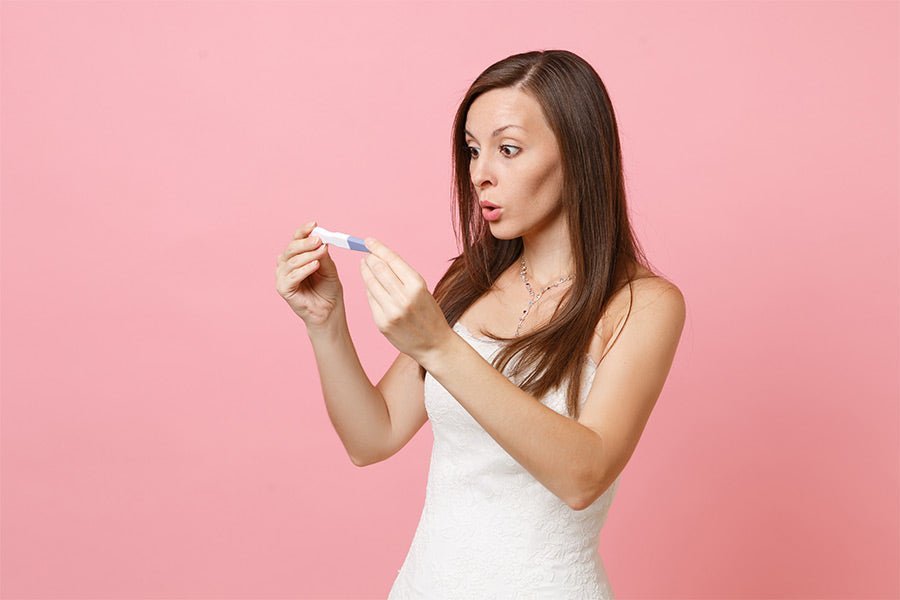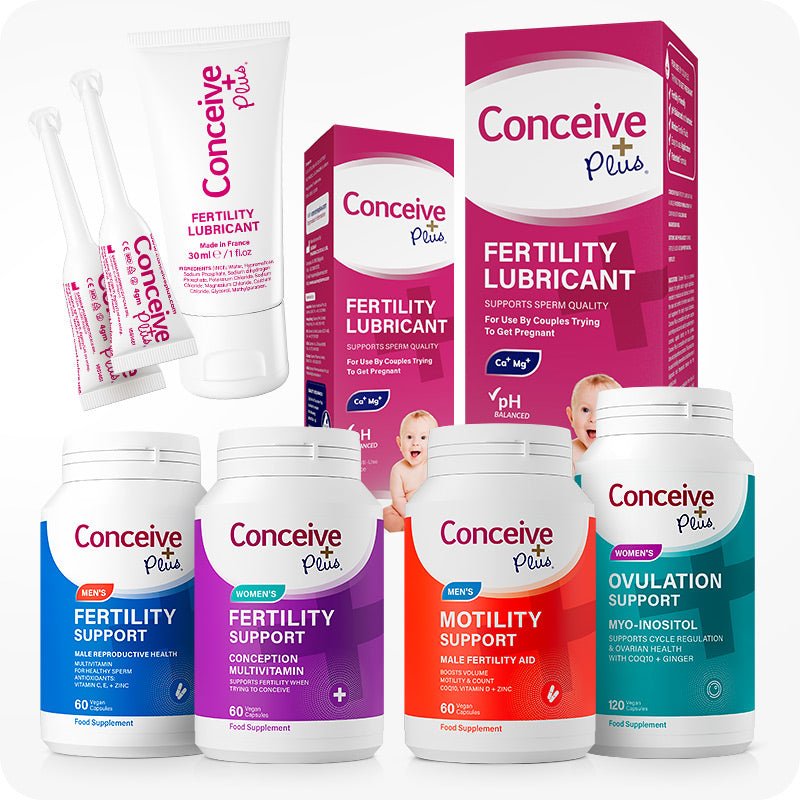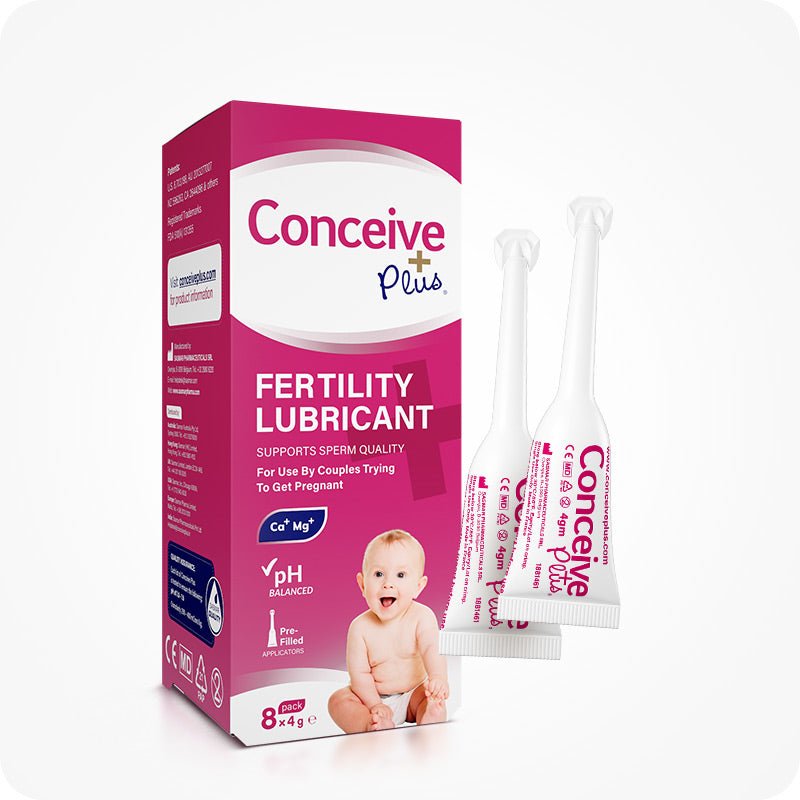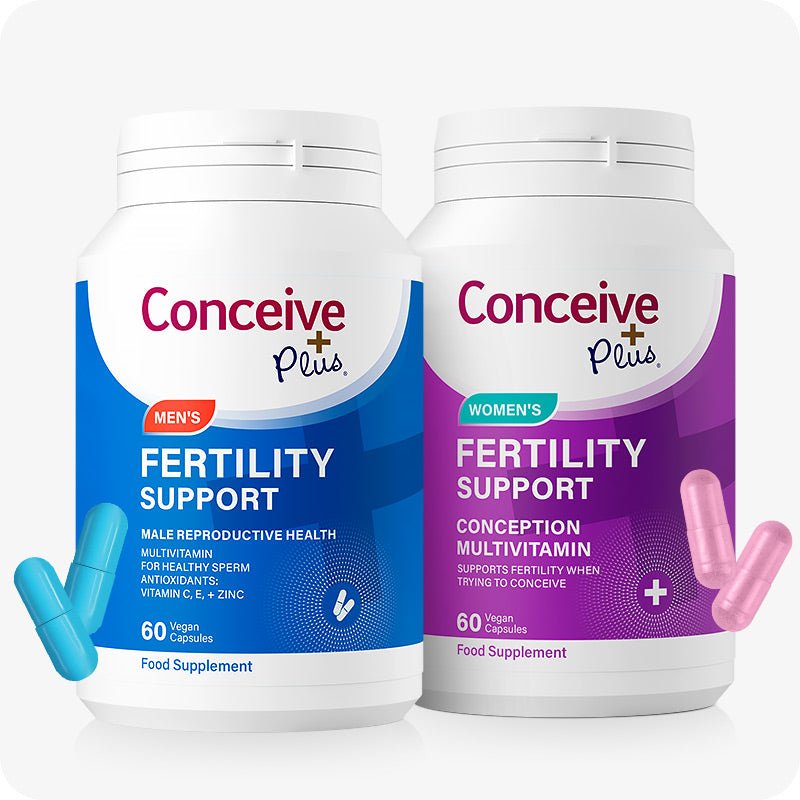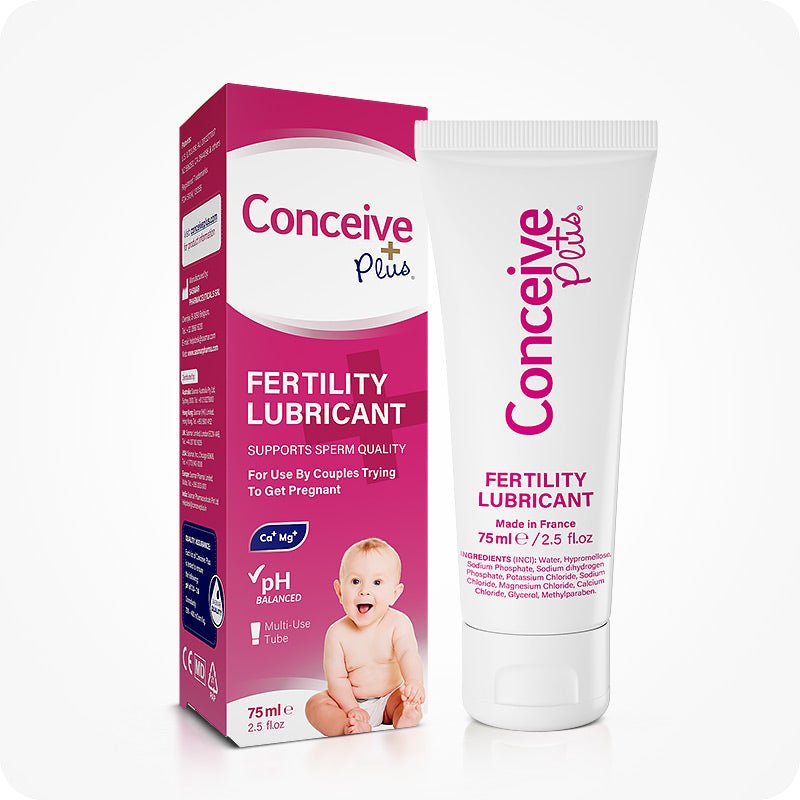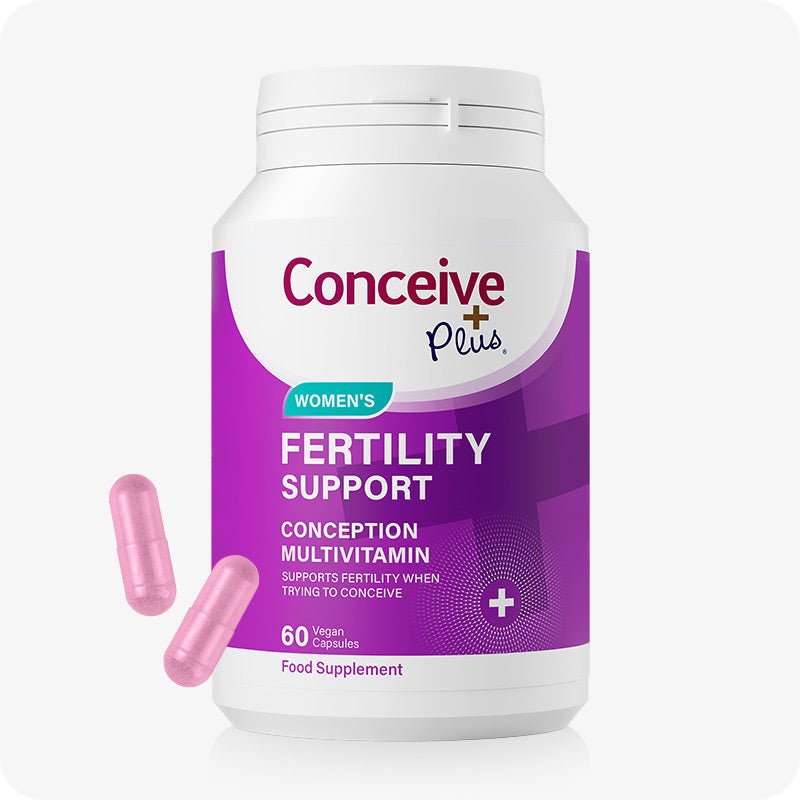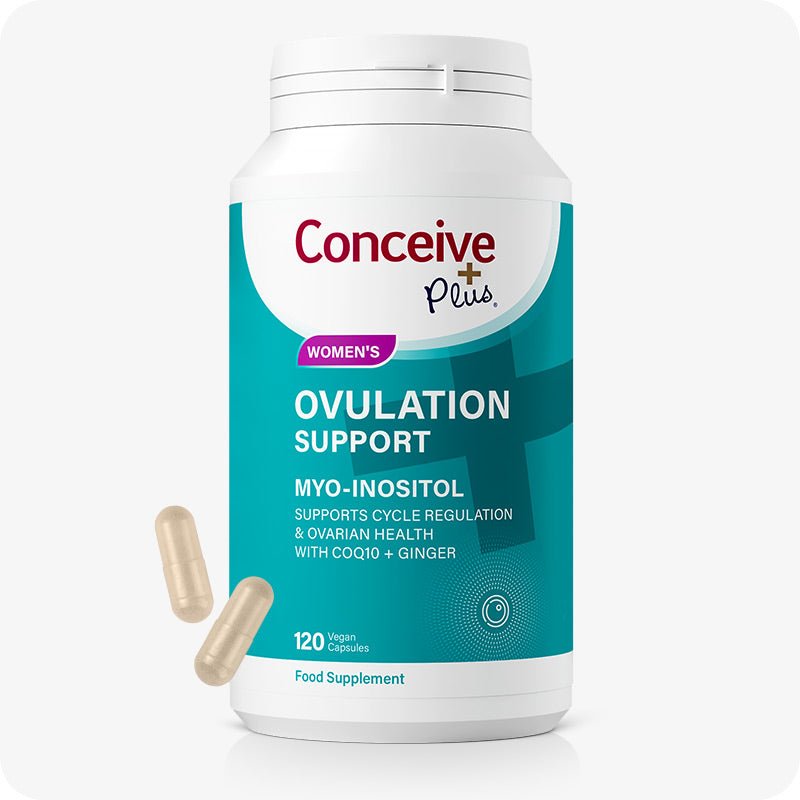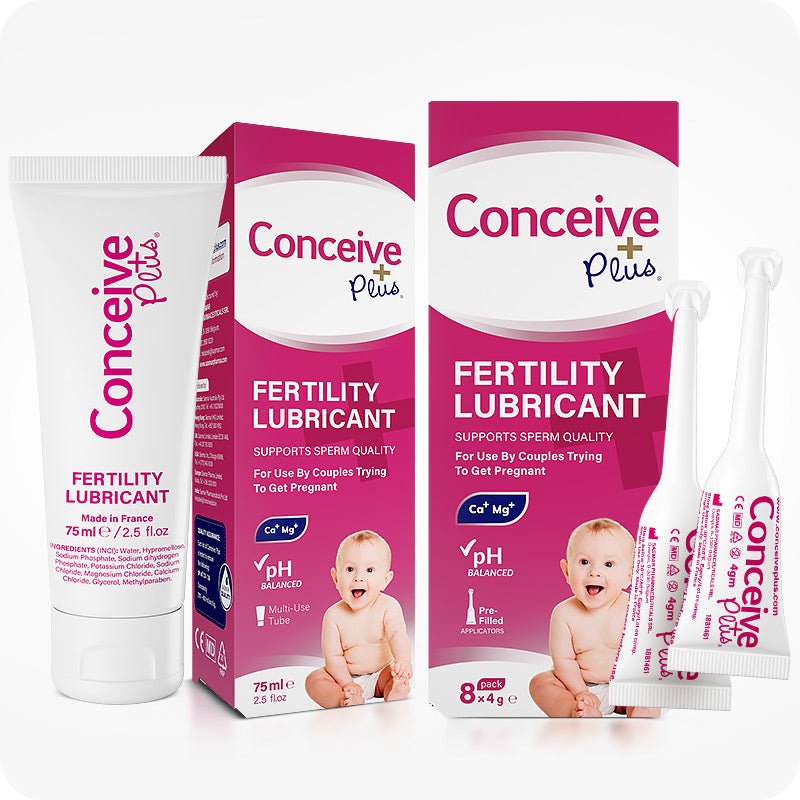How To Avoid Getting Pregnant After Intercourse
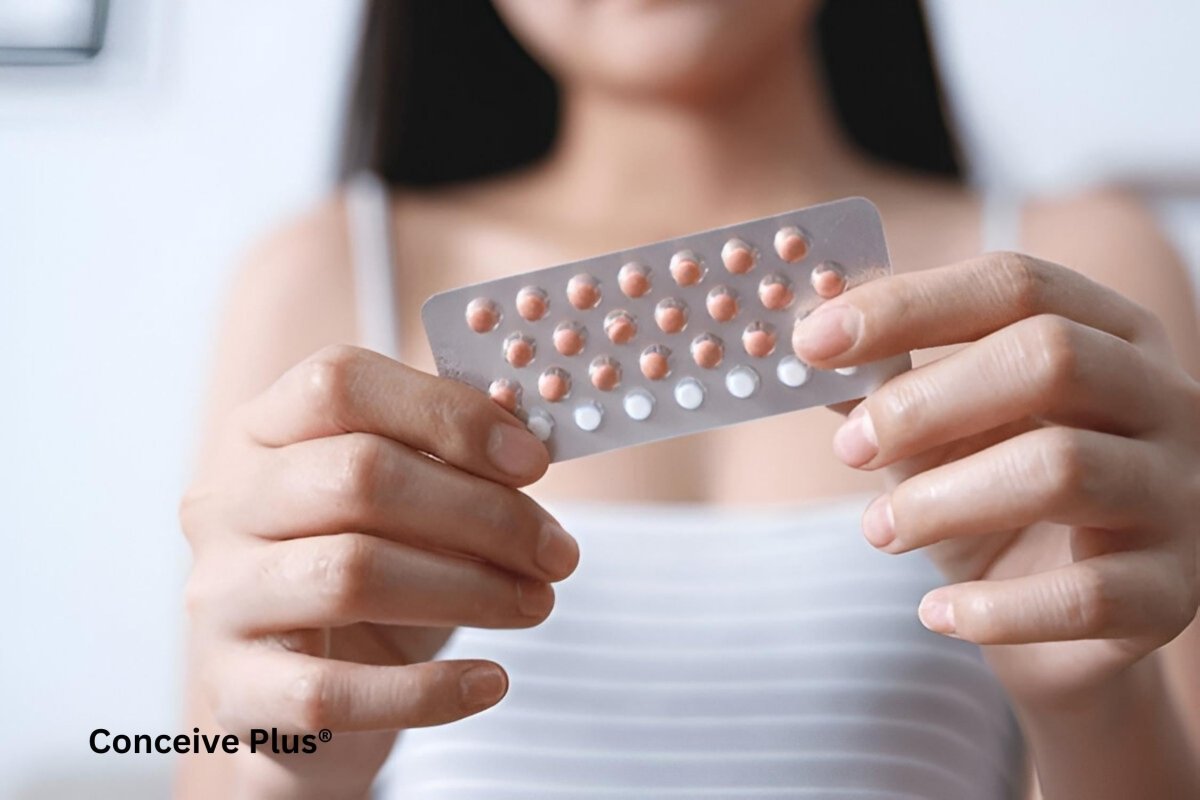
Maybe the condom broke, perhaps you forgot to take the pill for a few days, or maybe your strategy for him to pull out before ejaculation didn’t go to plan. For whatever reason you find yourself trying to avoid getting pregnant after intercourse, try not to panic. Preventing pregnancy after sex is not guaranteed but it is possible.
Below, we’ve outlined the best and most effective strategies to avoid getting pregnant after sex.
Can You Get Sperm Out of Your Body?
There is no proven way of removing sperm from the female body once it has entered the cervix [1]. The truth is that sperm swim fast and are already on the way to your fallopian tube by the time sex is over.
The first thing healthcare professionals recommend doing after unprotected sex or a mishap with a condom is to urinate and wash the genitals. While this won’t get rid of sperm or prevent pregnancy, it will flush out any harmful bacteria that can spread during unprotected sex and prevent a vaginal infection.
After urinating, washing the genitals with warm water and an unscented soap is sufficient. There’s no need to scrub, just a gentle wash and a pat dry will do.
However, it’s important to understand that peeing, washing, showering, having a bath or squirting vinegar into your vagina will not remove sperm or semen after sex. Indeed, washing the vagina with anything other than warm water and non-fragranced soap can upset the natural pH balance of the vagina and cause irritation or result in infection.
How Not to Get Pregnant After Unprotected Sex
If you’re searching for how to prevent getting pregnant after intercourse, the most reliable method is to take emergency contraception, commonly known as the morning-after pill, within 72 hours. The only sure way to avoid pregnancy after unprotected sex is to consult with a doctor or clinic as to whether emergency contraception is right for you. Also known as the morning-after pill [2], emergency contraception can prevent pregnancy when taken within 72 hours of having unprotected sex. However, it is most effective when taken within 24 hours.
In the UK, the morning-after pill is available for free from NHS-associated sexual health clinics and GP surgeries.
Can Foods That Act Like Contraceptives Prevent Pregnancy After Sex?
After condom mishaps during intercourse, or forgetting to take the pill, certain foods are thought to act like contraceptives and help avoid pregnancy. However, scientific evidence is scarce to back up the efficacy of natural foods as a post-intercourse contraceptive [3] and are not recommended by healthcare professionals.
While some believe that eating certain foods in the 3-5 days after sex can help avoid pregnancy, taking emergency contraception within 72 hours remains the most reliable way to avoid getting pregnant after unprotected sex.
Some of the foods touted as post-coital contraceptives include:
Papaya: Consuming unripe papaya is believed to help prevent pregnancy after sex. This is thought to be due to an enzyme contained in papaya called papain. Thought to influence menstrual cycles, according to some holistic practitioners papain can also inhibit the implantation of a fertilised egg in the uterine lining.
Ginger: When ground or crushed ginger is combined with boiling water and strained like tea, some believe it can help induce menstruation and therefore prevent pregnancy. Drinking 2 cups of ginger tea daily after unprotected sex may help to avoid getting pregnant.
Cinnamon: Cinnamon is believed to cause mild uterine contractions that may aid in preventing pregnancy. In some cultures, to avoid getting pregnant from unprotected sex, women suggest consuming cinnamon tea daily until menstruation begins.
Vitamin C: Believed to interfere with the production of progesterone, which naturally increases after conception, Vitamin C is also believed to work as a post-coital contraception. For this purpose, some holistic practitioners advise taking 1500 mg of vitamin C twice per day to prevent pregnancy.
Consuming pineapple, neem, Queen Anne’s Lace (wild carrot), parsley, turmeric, smartweed, and mugwort, are also believed to prevent implantation and pregnancy.
Using food as a contraceptive, however, is not recommended and should be approached with caution or at least discussed with your doctor before use.
Can Home Remedies Prevent Pregnancy After Intercourse?
Although many home remedies claim to answer how to prevent getting pregnant after intercourse, they lack medical backing and are not recommended by healthcare professionals. Home remedies, such as; cleaning the vagina with acidic vinegar, lemon juice, coca cola, or alcohol do not work as a post-coital contraceptive, nor do they kill sperm. Putting anything inside the vagina other than water and soap will cause irritation and a possible infection [4].
Jumping up and down after intercourse to get sperm out of the vagina will not work to prevent pregnancy after sex either.
How to Prevent Pregnancy During and After Sex?
The only certain method of avoiding conception during intercourse is to use contraception. Condoms, an IUD, oral contraceptives, a coil, or a dam are the most secure forms of contraception when seeking to avoid getting pregnant. However, some may question, 'does the birth control pill affect fertility?' when considering contraceptive options; rest assured, using birth control pills does not have long-term effects on fertility.
Avoiding pregnancy can also be achieved by being aware of your fertile window. Women are most fertile for the 12-24 hours around ovulation, therefore understanding their menstrual cycle and avoiding sex around ovulation can also be used as a method of contraception.
Some women use the basal body temperature method to understand when ovulation is occurring, while others observe changes in their cervical mucus as an indicator of ovulation and a way to avoid their fertile window.
The pull-out method, where the male partner removes the penis from the vagina before ejaculating is another form of contraception used by some couples. However, determination, self-control and awareness are required for this method to work [5].
Birth Control Detox by Conceive Plus can support hormonal balance and reproductive health, which may be beneficial for individuals planning to have a baby after contraception.
Conclusion
How to not get pregnant after sex is a common question. Whether it’s your first time having sex, the condom broke, you forgot to take the pill, or spontaneity got hold of you; accidents happen.
Although several home remedies exist on how to avoid getting pregnant after intercourse, and certain foods are believed to prevent implantation, none of these holds merit in the medical field. The only sure method of preventing pregnancy after intercourse is to take emergency contraception, also known as the morning-after pill.
References
- Medical News Today - Getting sperm out of the body after sex: Is it possible? - https://www.medicalnewstoday.com/articles/how-to-get-sperm-out-of-your-body-fast
- NHS - Emergency Contraception - https://www.nhs.uk/contraception/emergency-contraception/
- United Nations Population Fund - Unsafe, unreliable: Dangerous pregnancy-prevention methods - https://www.unfpa.org/dangerous-pregnancy-prevention
- NHS - Contraception - https://www.nhs.uk/contraception/
- WebMD - Natural Birth Control - https://www.webmd.com/sex/birth-control/natural-birth-control






